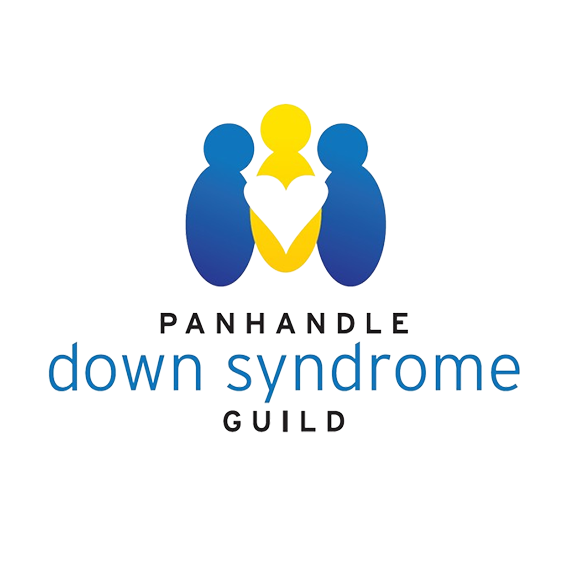

Research
NDSS Research
Throughout its 30 year history, the National Down Syndrome Society has been at the forefront of Down syndrome research. Through a variety of research programs and activities, NDSS has played a major role in advancing knowledge about Down syndrome in an effort to enhance the quality of life and realize the potential of individuals born with this genetic condition.
To date, NDSS has provided more than $3 million in direct research funding to support the work of scientists and to sponsor Down syndrome research conferences, symposia and meetings. NDSS continues to be one of the largest non-government supporters of Down syndrome research in the world. This commitment has led to improvements in the lives of individuals with Down syndrome and their families in the United States and abroad.
All NDSS research activities are under the guidance of the Science Advisory Board and the Clinical Advisory Board of the National Board of Directors. After NDSS announced its new strategic direction in 2009, most research activities fall under the NDSS National Policy Center and focus on advocacy for Down syndrome research on the federal level.
Contact Panhandle Down Syndrome Guild today to learn more.
Down Syndrome Research and Treatment Foundation - DSRTF's strategic and robust approach, outlined in our Research and Development Pipeline below, has generated results that are recognized as unprecedented in this field, including the identification of the first five potential drug targets and the validation and pre-clinical work associated with three of the targets.
The Stanford School of Medicine Down Syndrome Research Center - Rarely in basic or clinical research do we have the thrill of seeing results translated into therapies that transform lives. Such an opportunity now exists within the Stanford Institute of Neuro-innovation and Translational Neurosciences where critical discoveries in the laboratory are being translated into viable treatment strategies for patients and their families. Within this institute, the Stanford Center for Down Syndrome Research is entering a new era.
Research Down Syndrome - Research Down Syndrome (RDS) is a non-profit foundation that supports Down syndrome cognitive research, an area that in the last 5 years has experienced great advances towards developing biomedical therapies to treat the cognitive impairment of people of all ages with Down syndrome. The potential of these treatments to address Down syndrome cognitive dysfunction is tremendous - improving memory, learning and communication - and expanding and enhancing life opportunities for these individuals.
The Linda Crnic Institute for Down Syndrome - The Linda Crnic Institute for Down Syndrome was founded in 2008. It is the first global institute to encompass basic research, clinical research and clinical care specifically for people with Down syndrome. The mission of the institute is to eradicate the medical and cognitive ill effects associated with Down syndrome. Significantly improving the lives of people with Down syndrome is a major focus. The institute partners are the University of Colorado Anschutz Medical Campus, the University of Colorado Boulder and Children's Hospital Colorado.
Down Syndrome Center for Research and Treatment - The Down Syndrome Center for Research and Treatment (DSCRT) is one of the first programs in the country to connect academic research with treatment of adults and children with Down syndrome. Children with Down syndrome are at risk for congenital heart defects, respiratory and hearing problems, childhood leukemia, and thyroid conditions. They typically also have mild to moderate cognitive impairment that affects learning, memory and speech. This is an important topic for research. Our goal is to apply cutting edge basic research to develop treatments that will help people with Down syndrome improve their cognition and forestall the onset of Alzheimer's disease. Members of this special population continue to live fuller, healthier lives.

